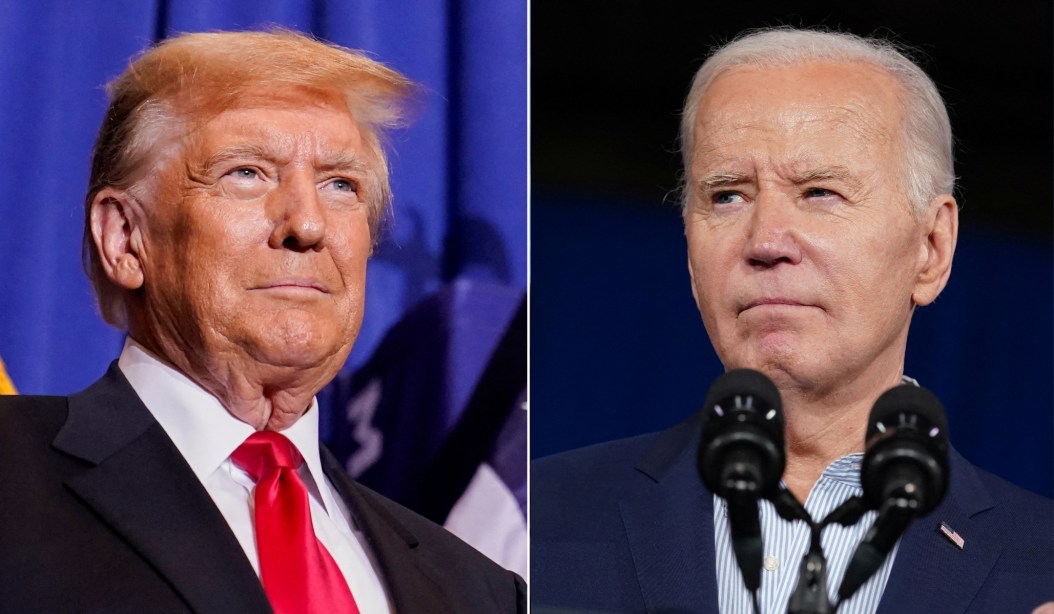THE HILL
A former Obama White House aide has revealed some bleak observations after voters decisively chose to send former President Trump back to the White House four years after he was ousted.
“Democrats understandably have a hard time fathoming why Americans would put our democracy at risk, but we miss the reality that our democracy is part of what angers them,” Ben Rhodes, who served as deputy national security adviser in the Obama administration, wrote in an essay for The New York Times this week.
“Many voters have come to associate democracy with globalization, corruption, financial capitalism, migration, forever wars and elites (like me) who talk about it as an end in itself rather than a means to redressing inequality, reining in capitalist systems that are rigged, responding to global conflict and fostering a sense of shared national identity,” he added.
Trump overwhelmingly won the election against Vice President Harris, securing at least 312 electoral votes and the majority of the popular vote under ballots tallied so far.
Democrats have spent the ensuing several days belaboring how Harris lost to Trump, who was twice impeached during his previous term, including after a mob of his supporters stormed the Capitol on Jan. 6, 2021, attempting to stop the certification of the 2020 presidential election. Trump also has faced multiple criminal and civil legal issues.
“Out of the wreckage of this election, Democrats must reject the impulse to simply be a resistance that condemns whatever outrageous thing Mr. Trump says,” Rhodes wrote. “While confronting Mr. Trump when we must, we must also focus on ourselves — what we stand for, and how we tell our story.”
Rhodes penned the book “After the Fall: The Rise of Authoritarianism in the World We Made,” which details the modern history of foreign countries. In the Times essay, he recalled the 2008 financial crisis and its impact on Americans and the world, including the acceleration of authoritarian leaders in Hungary, Russia and China.
“Eight years serving in the Obama White House after the financial crisis felt like swimming upstream, against the currents of global politics,” he wrote. “Barack Obama’s political skills and cultural appeal allowed him to navigate those currents, but they didn’t always transfer to other Democrats.”



Connect with us on our socials: